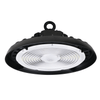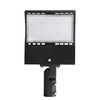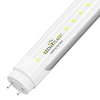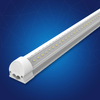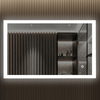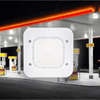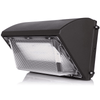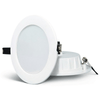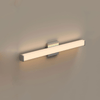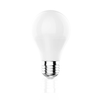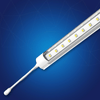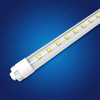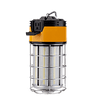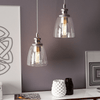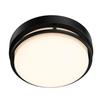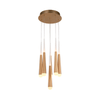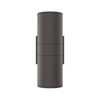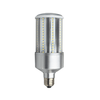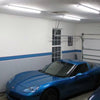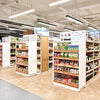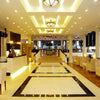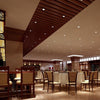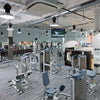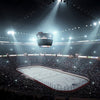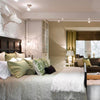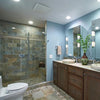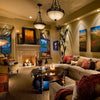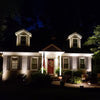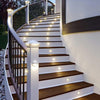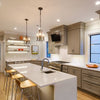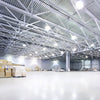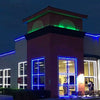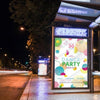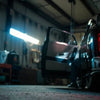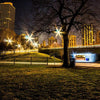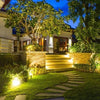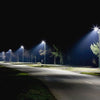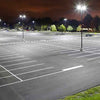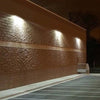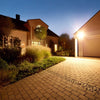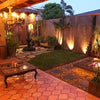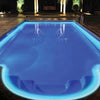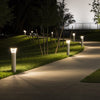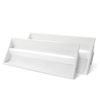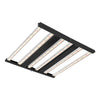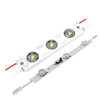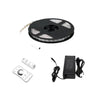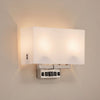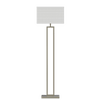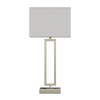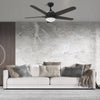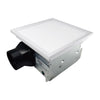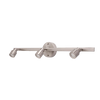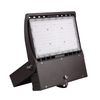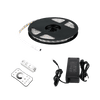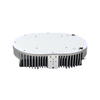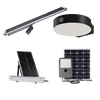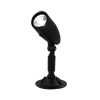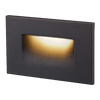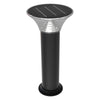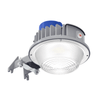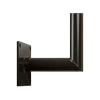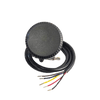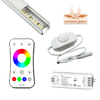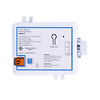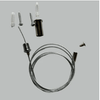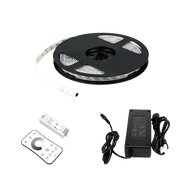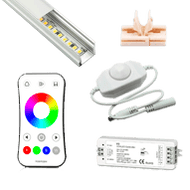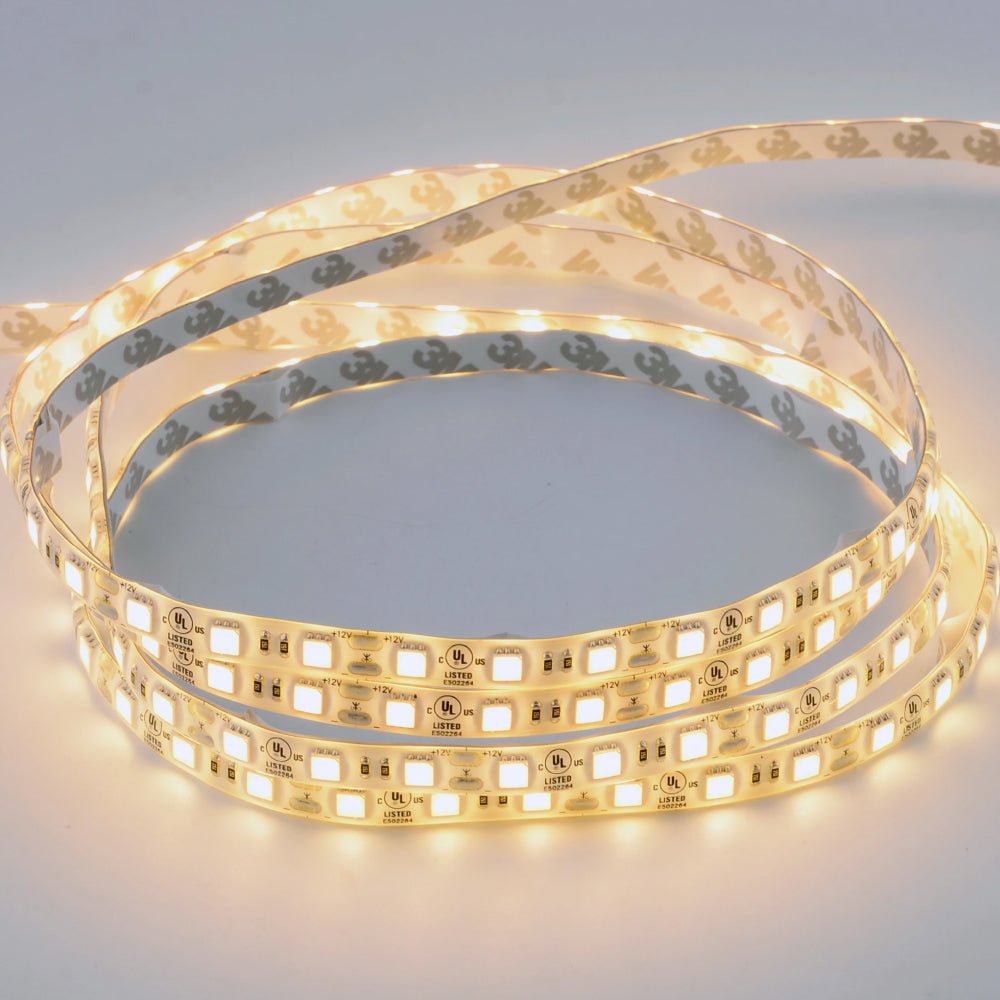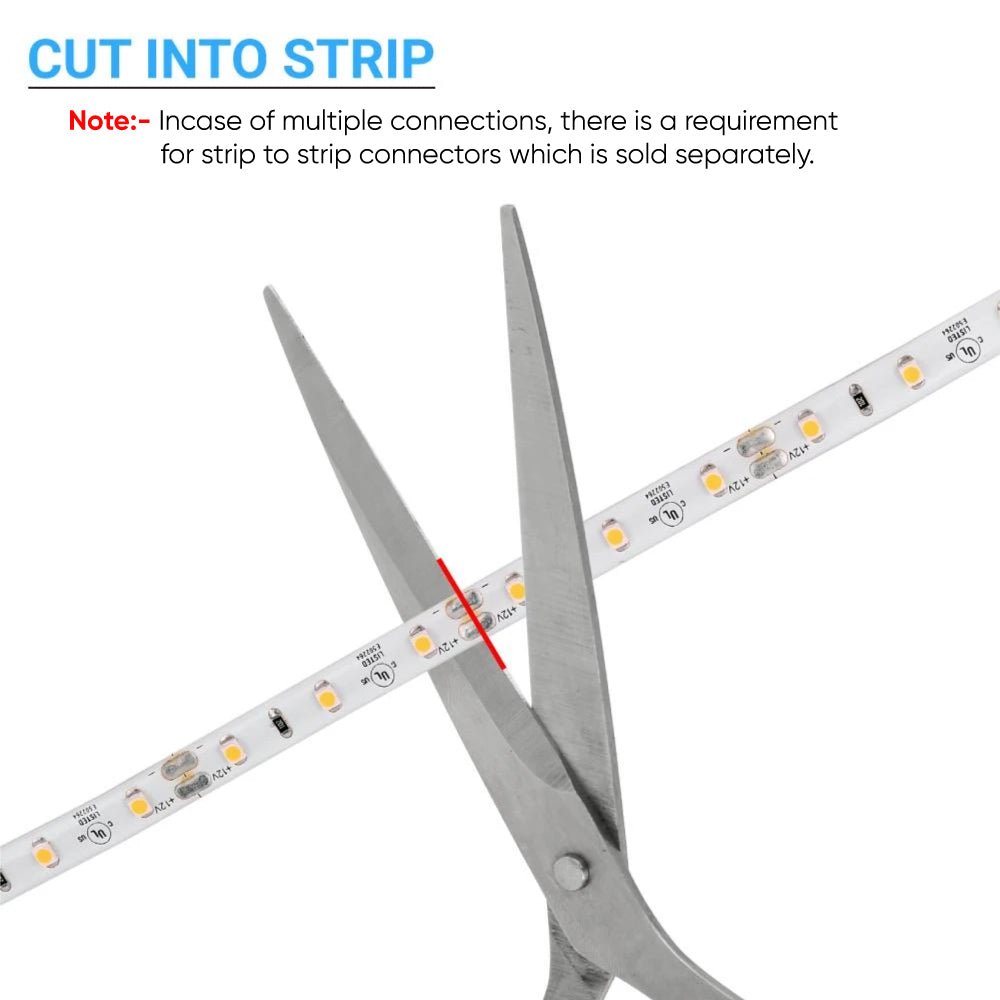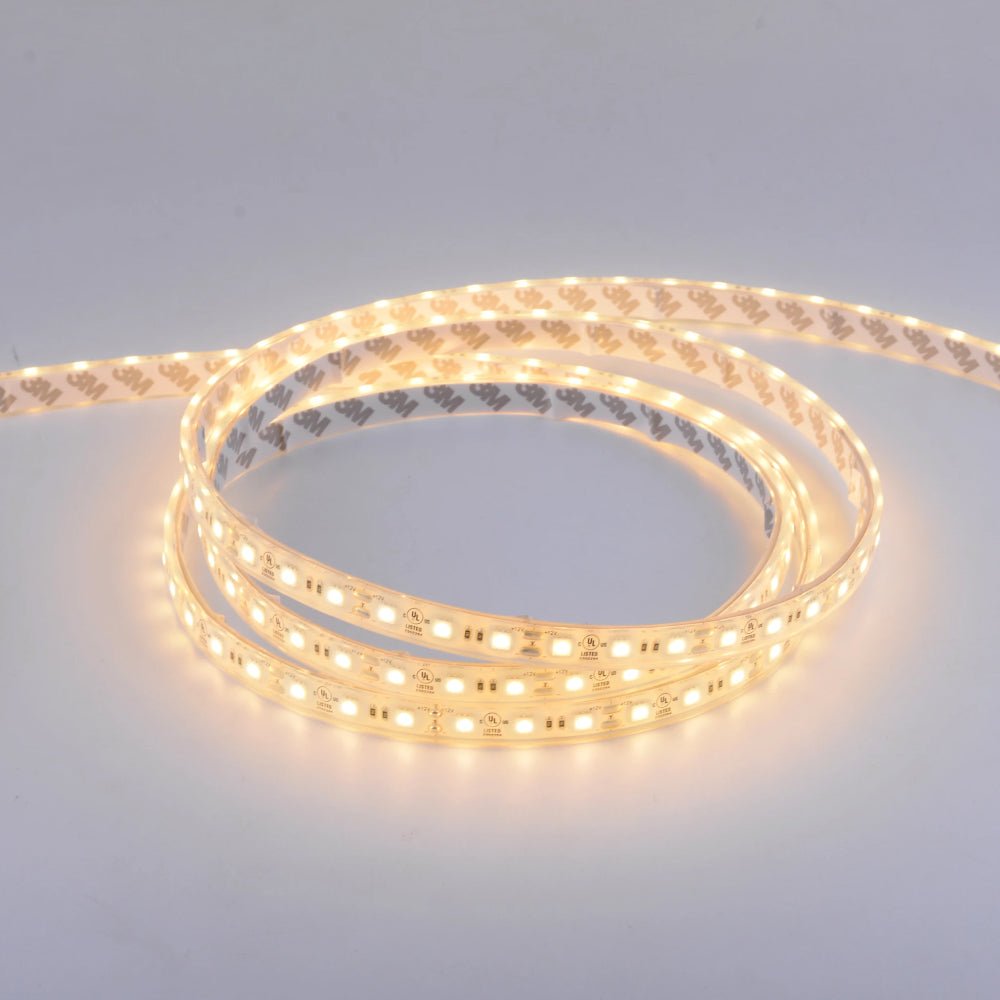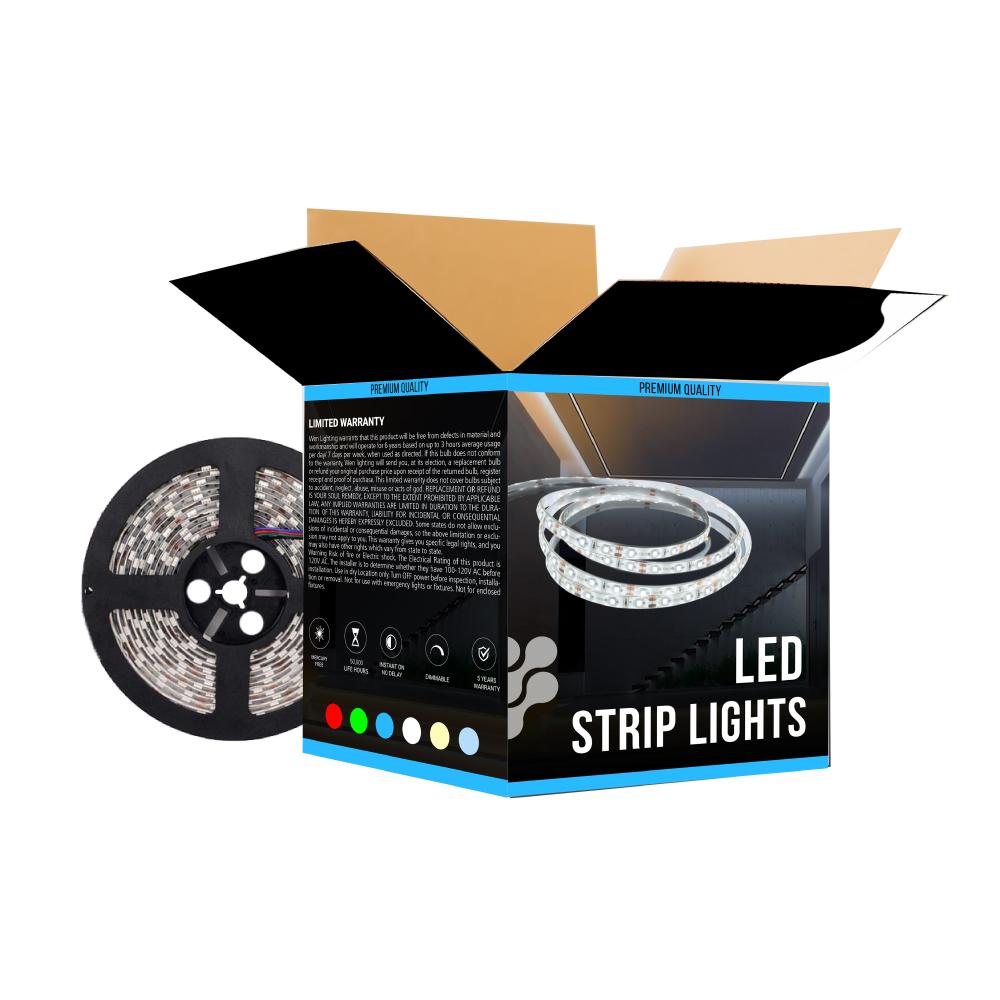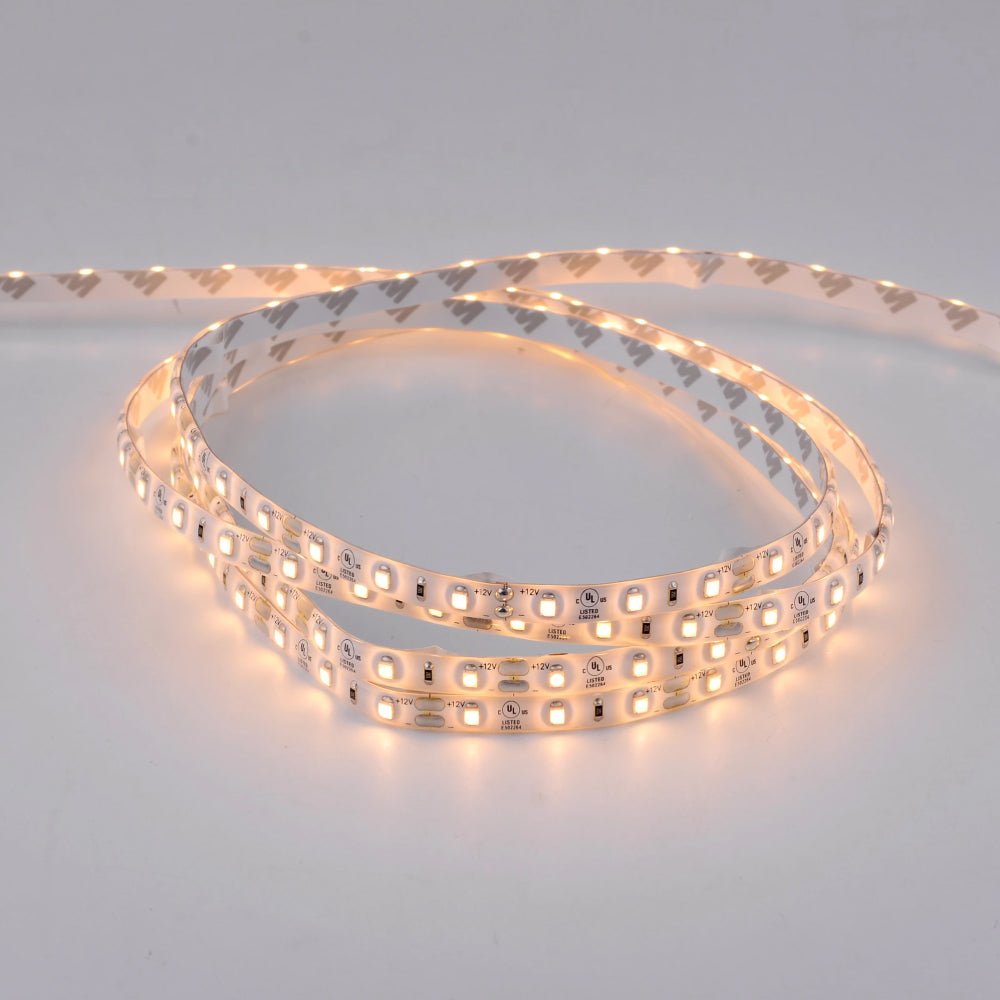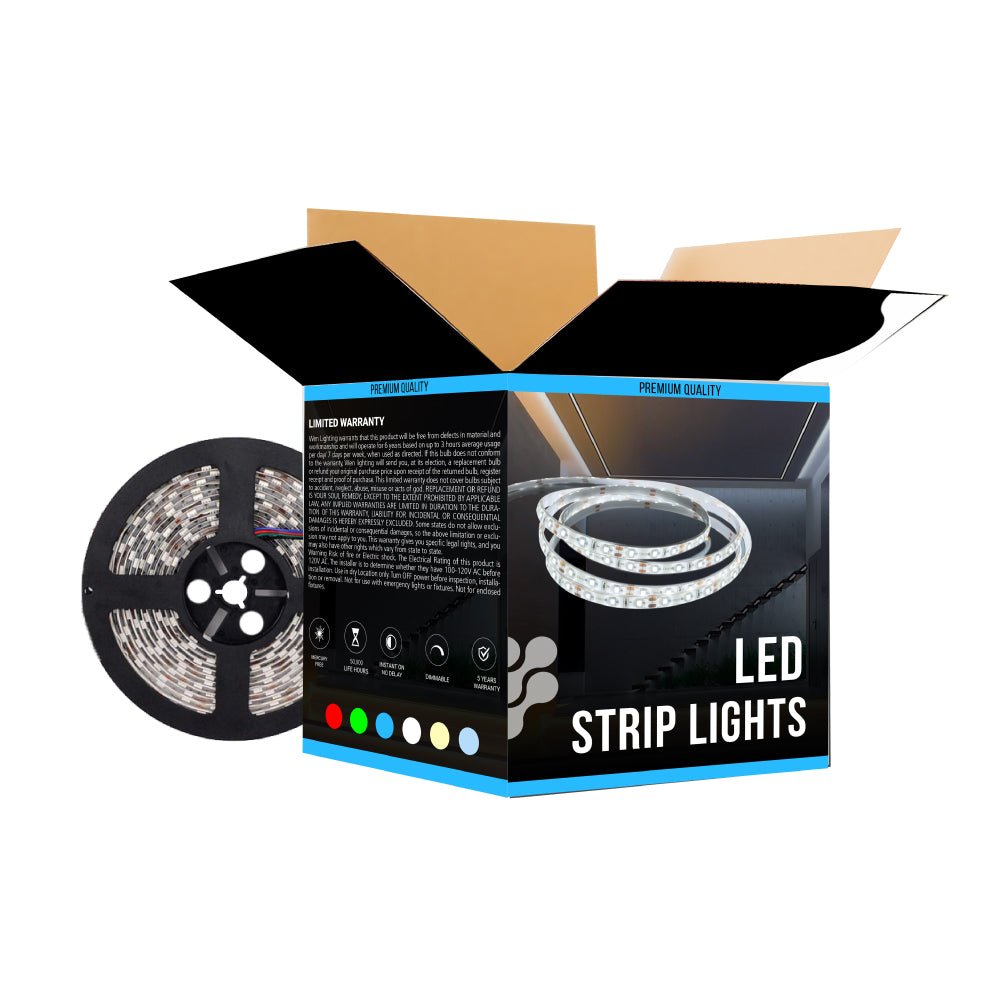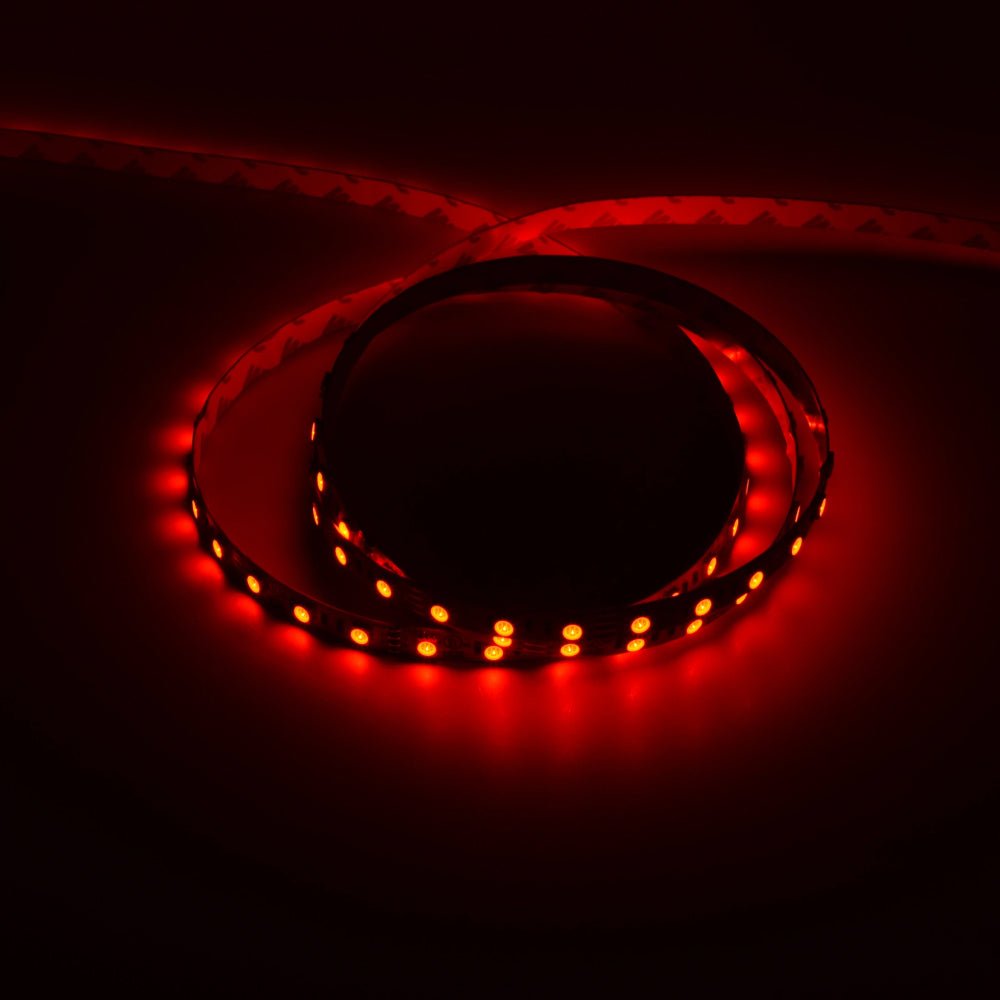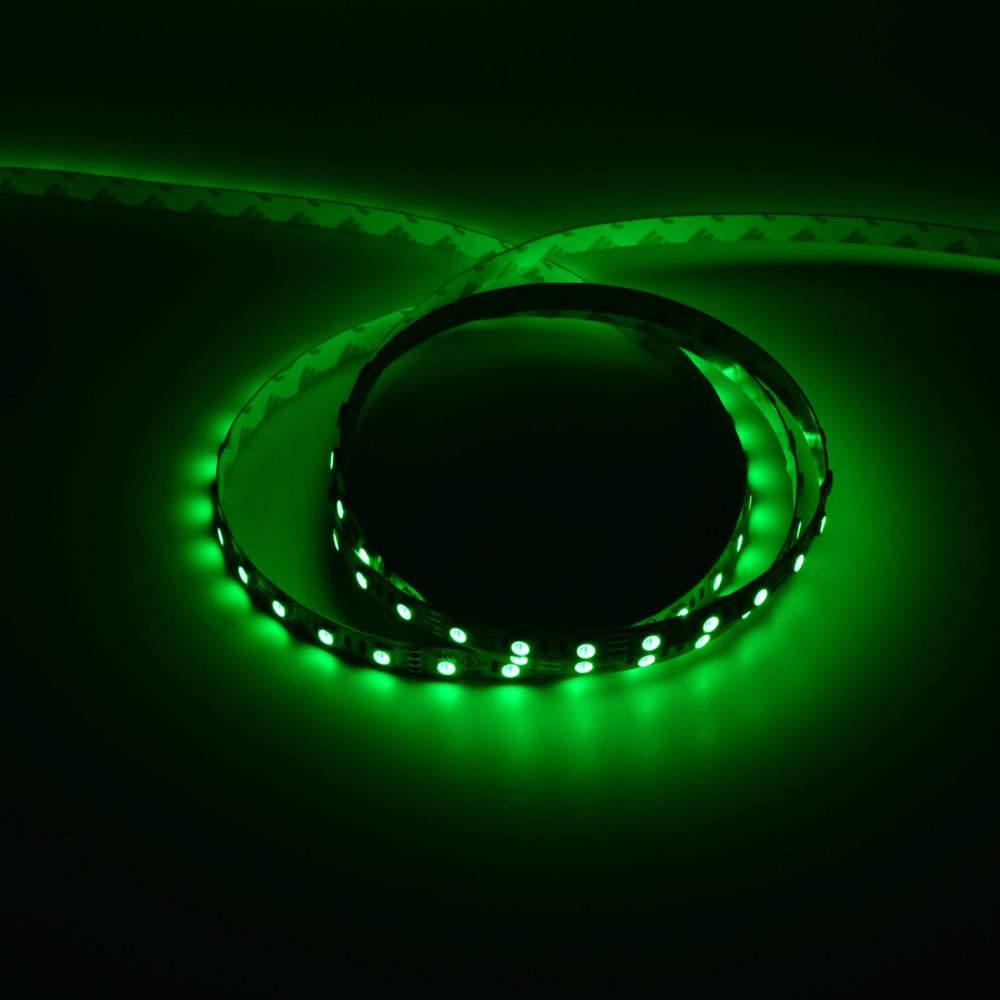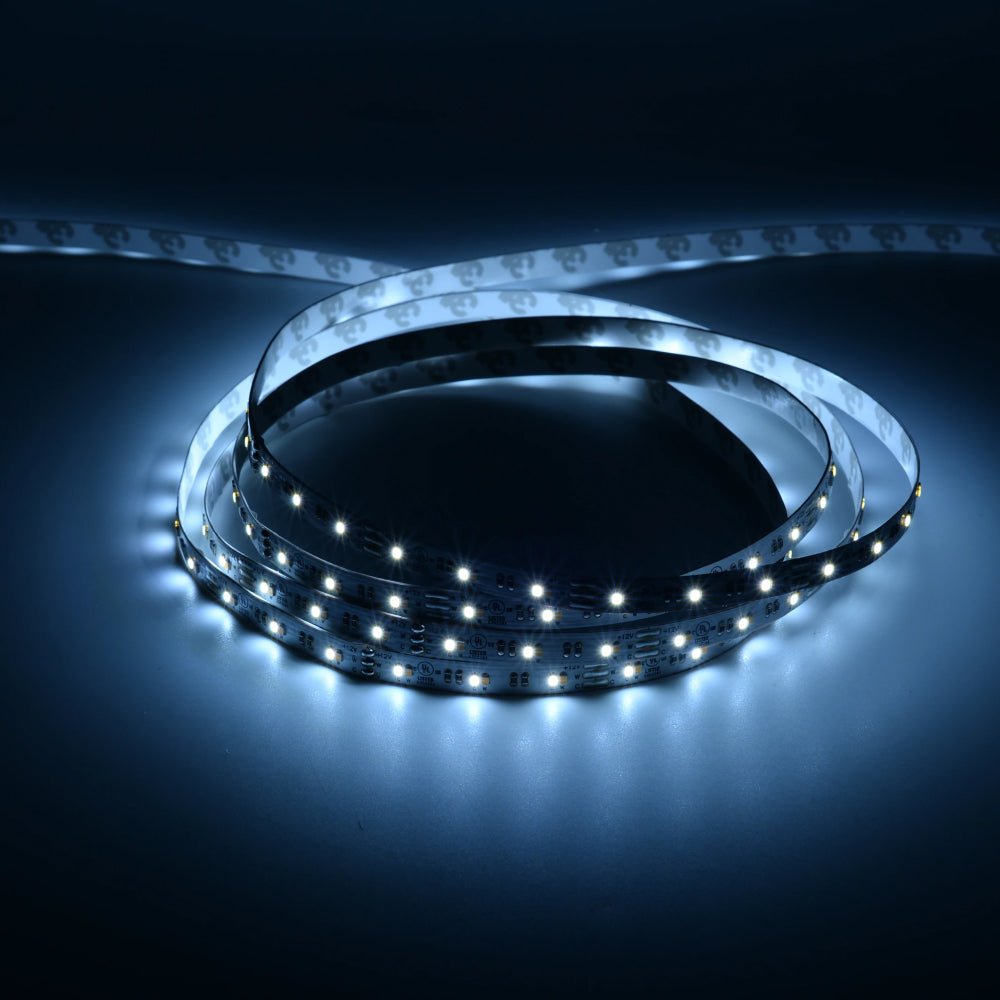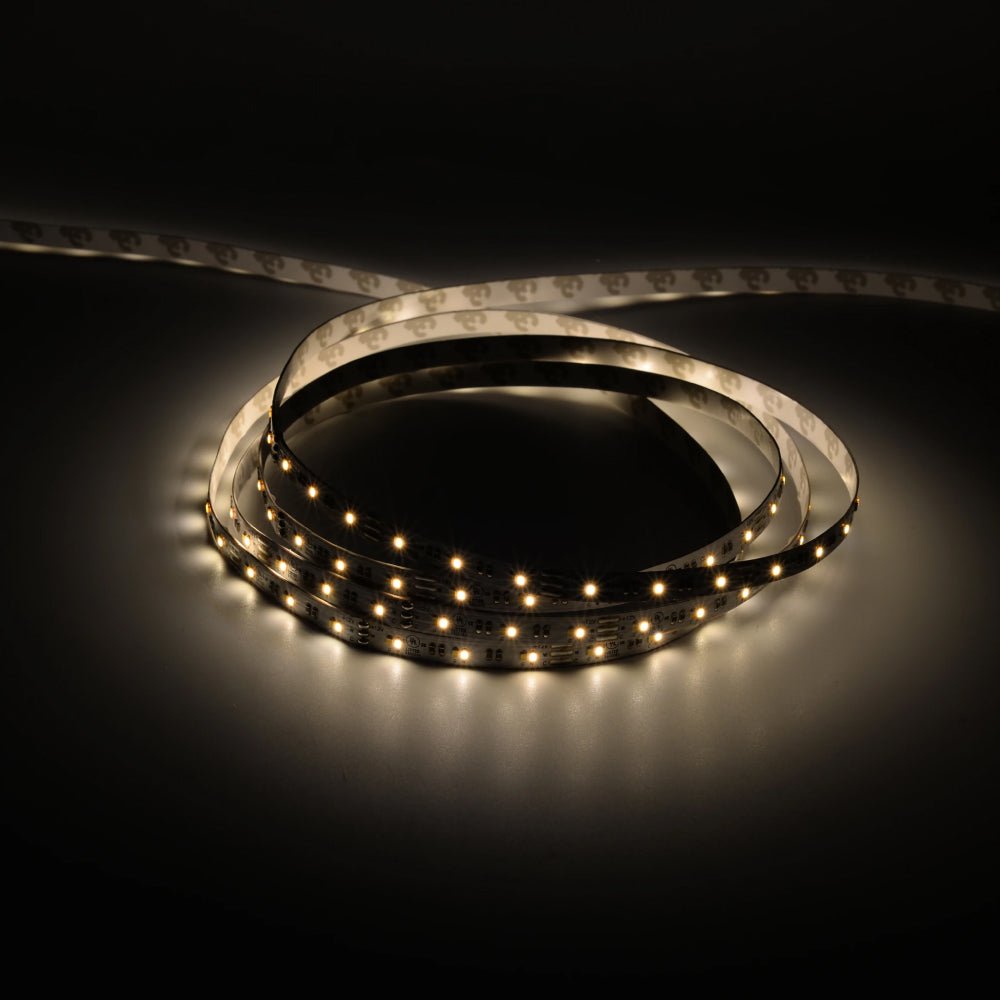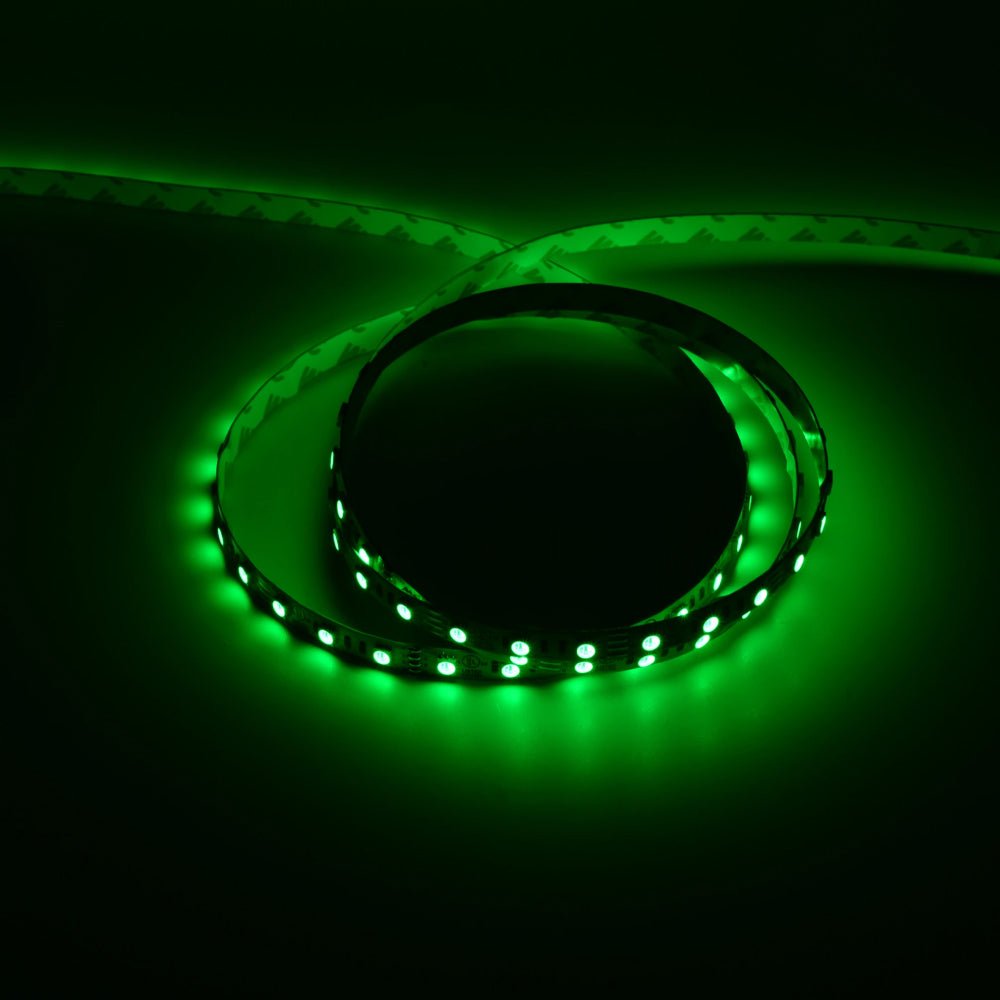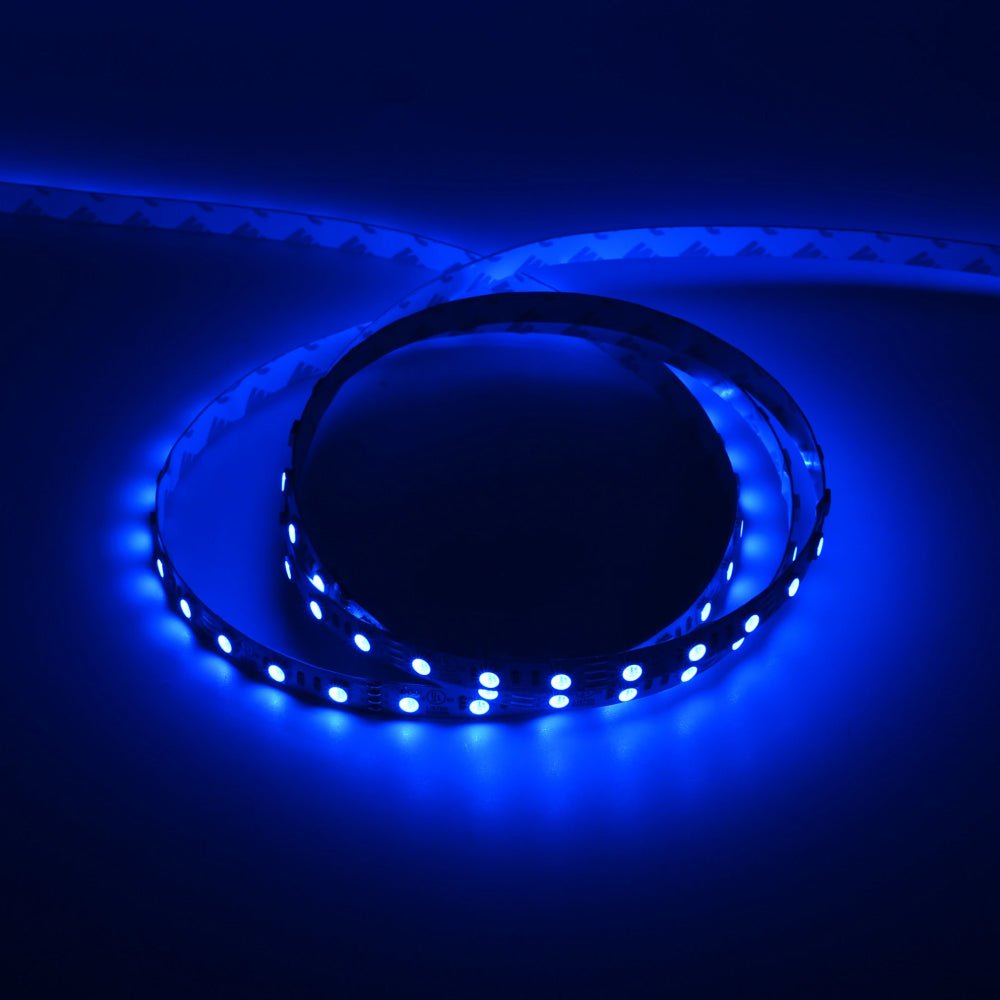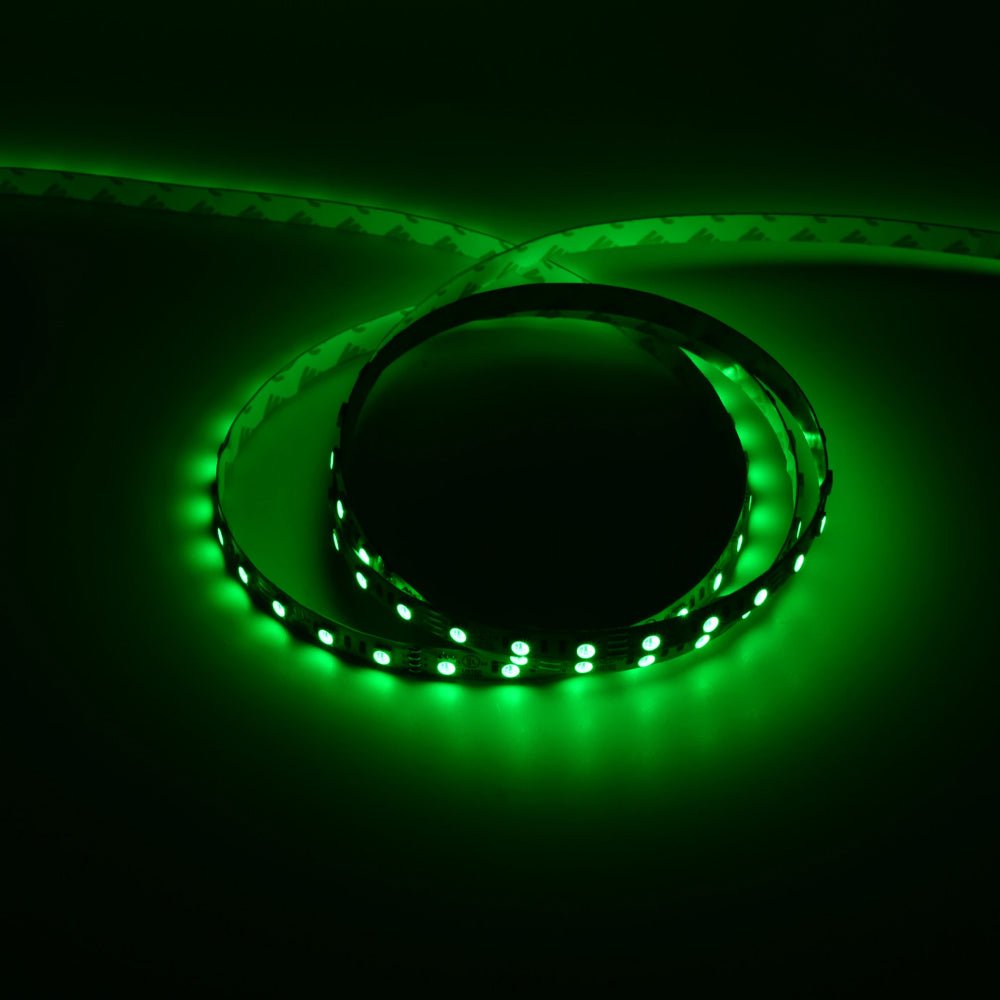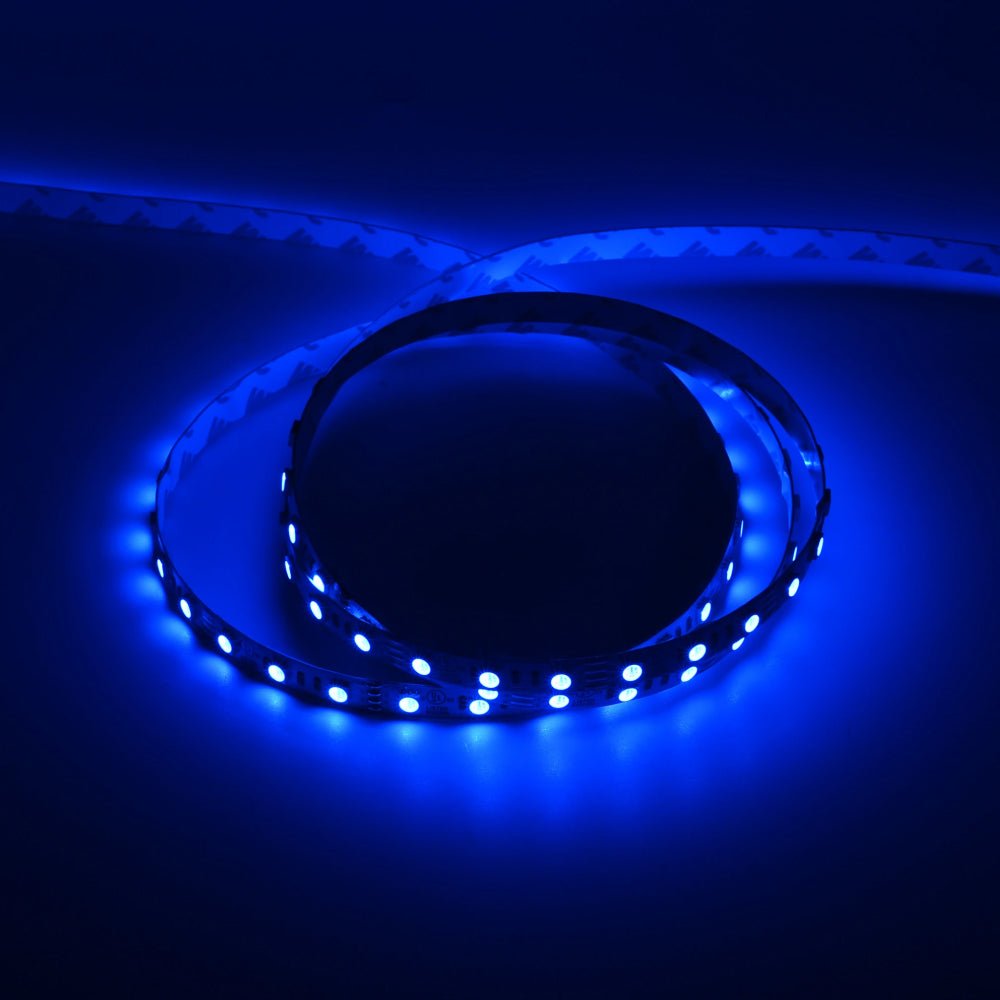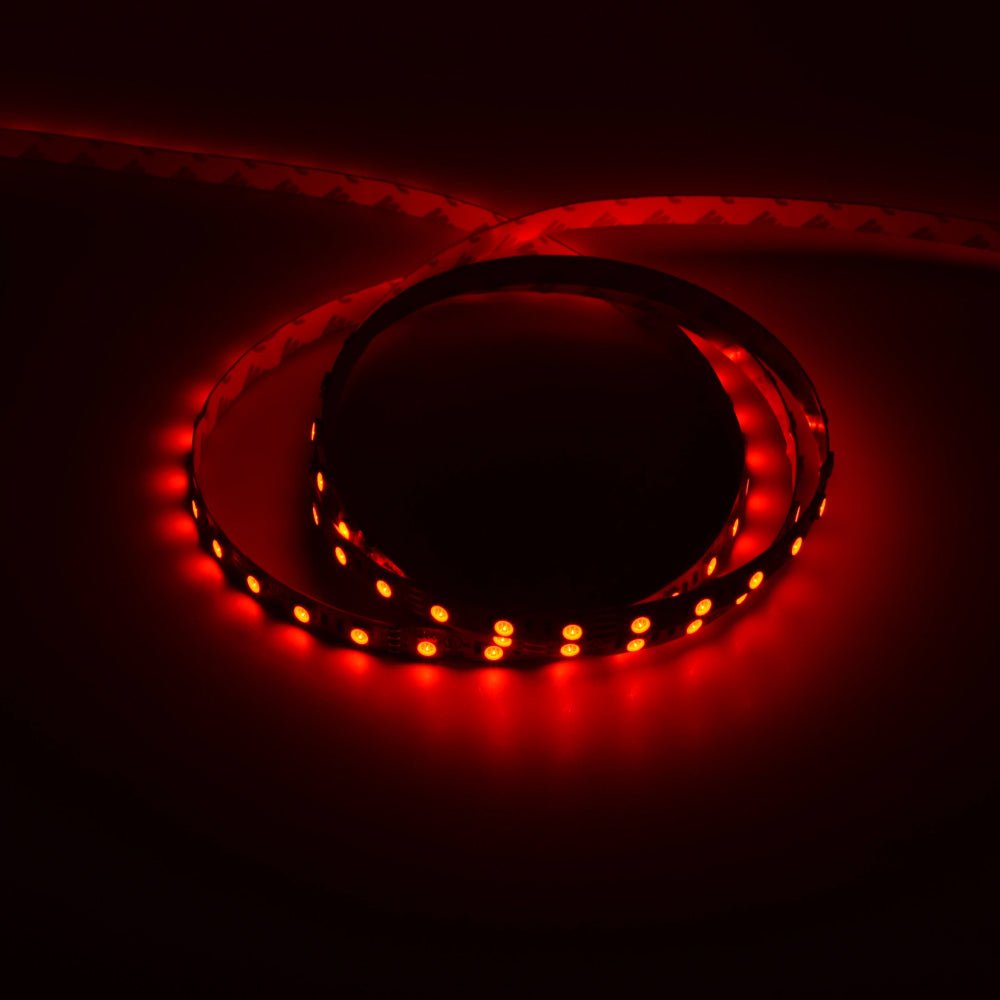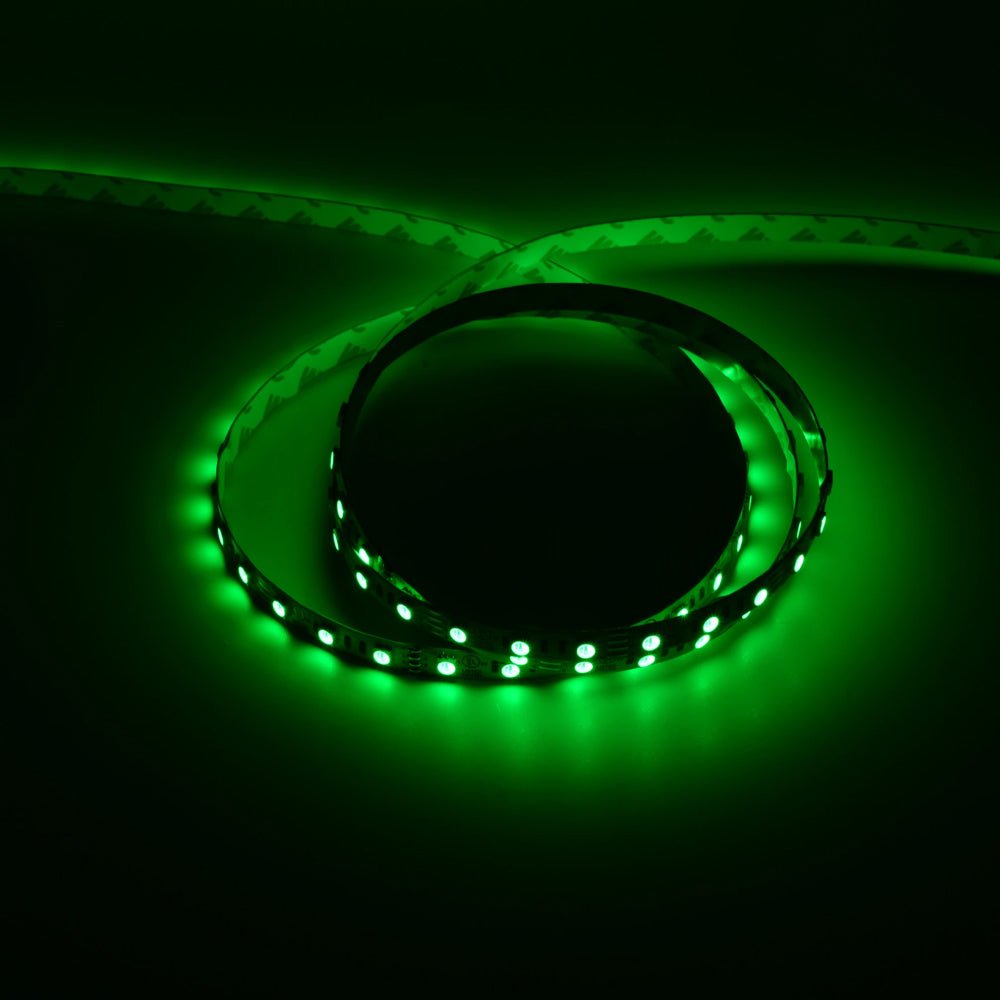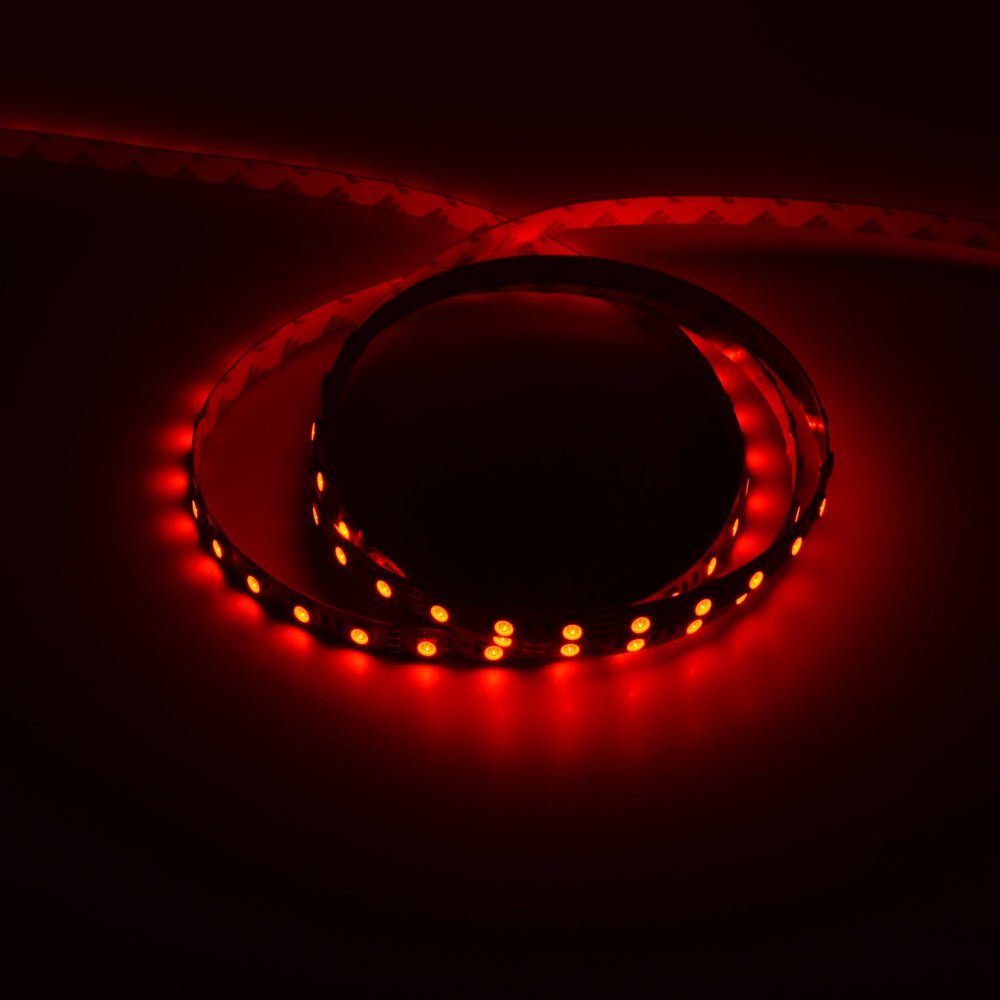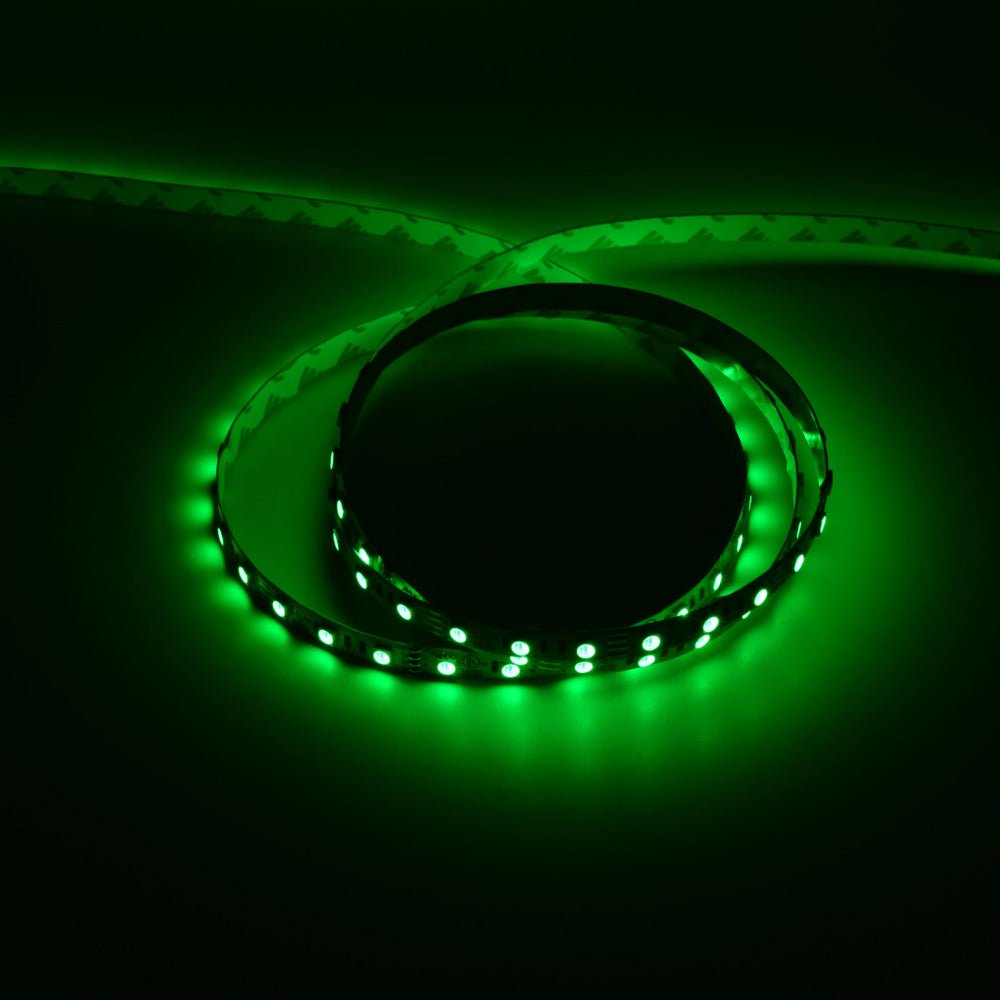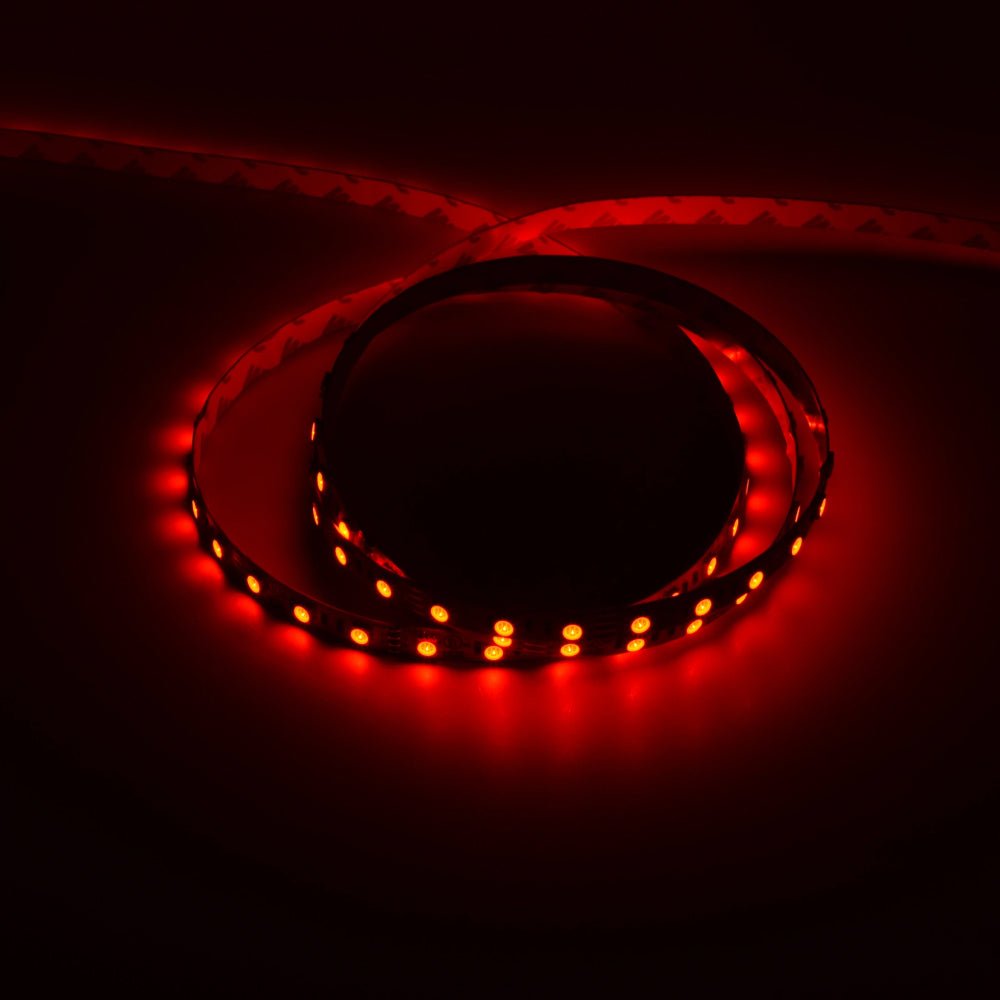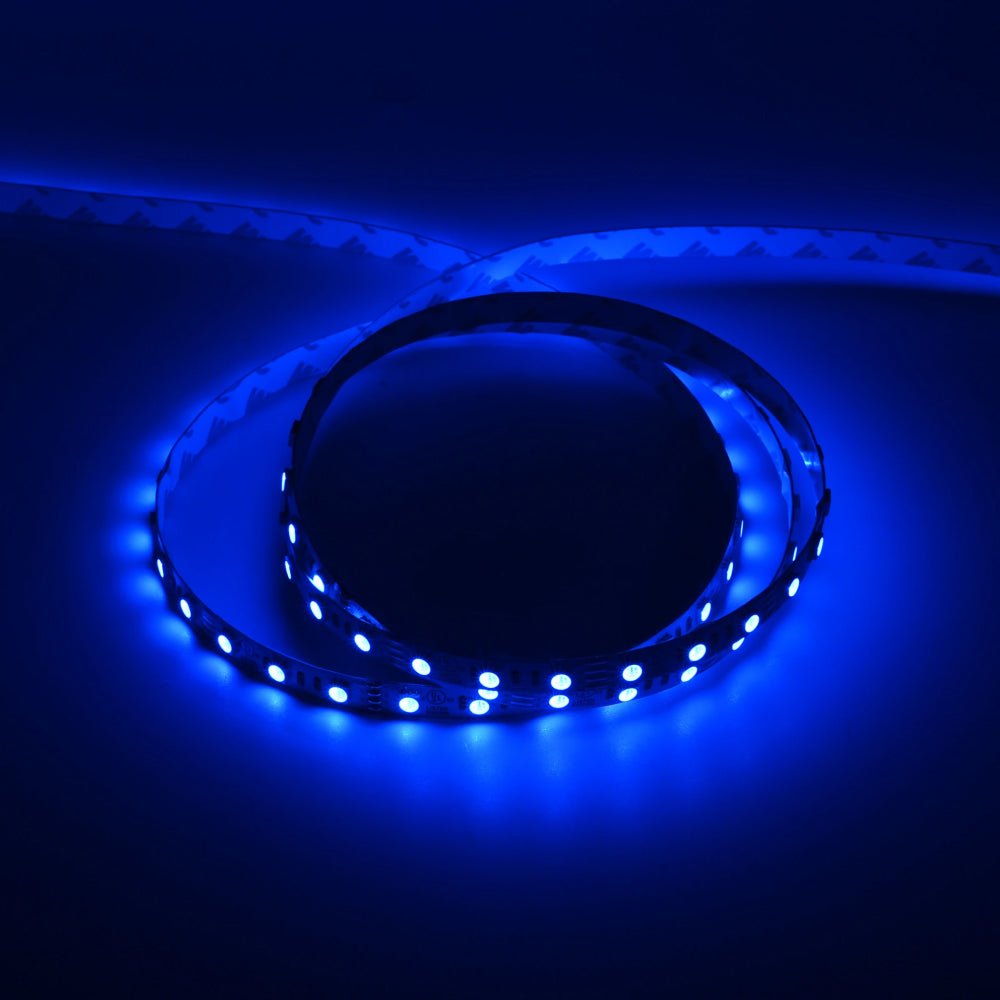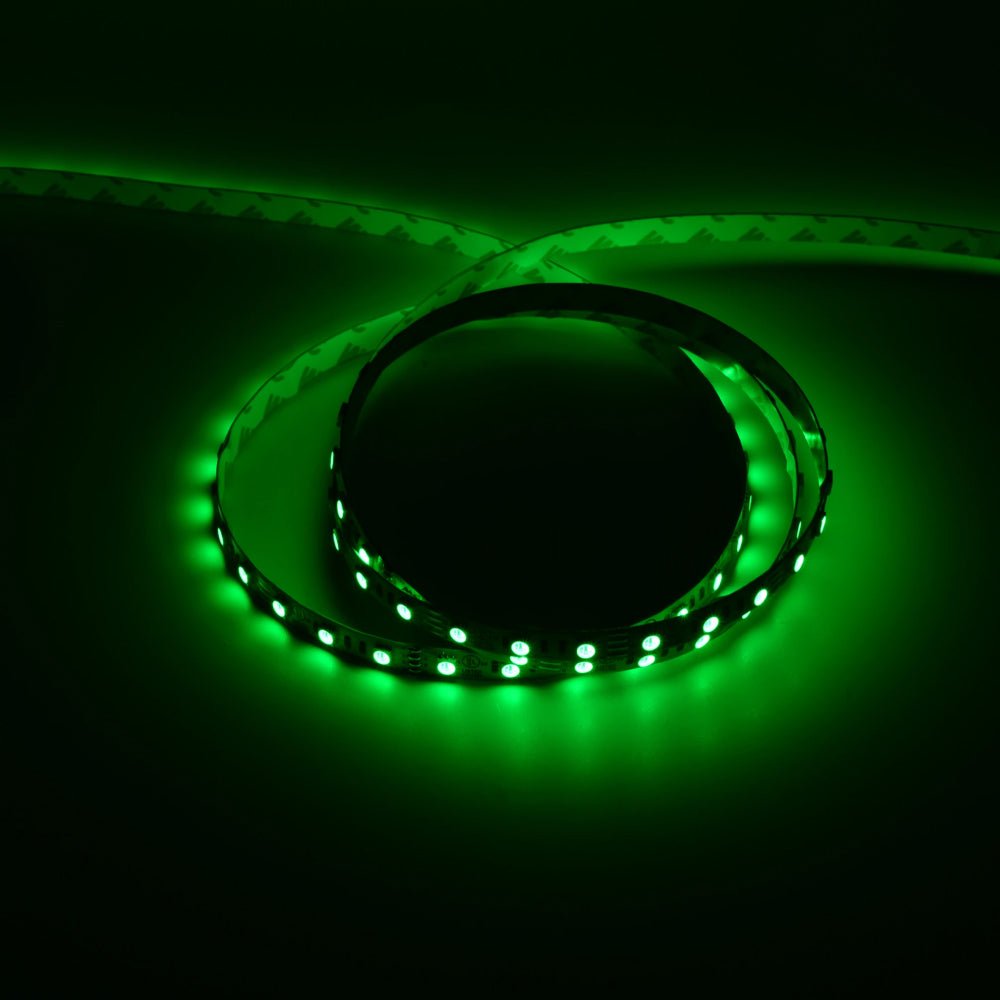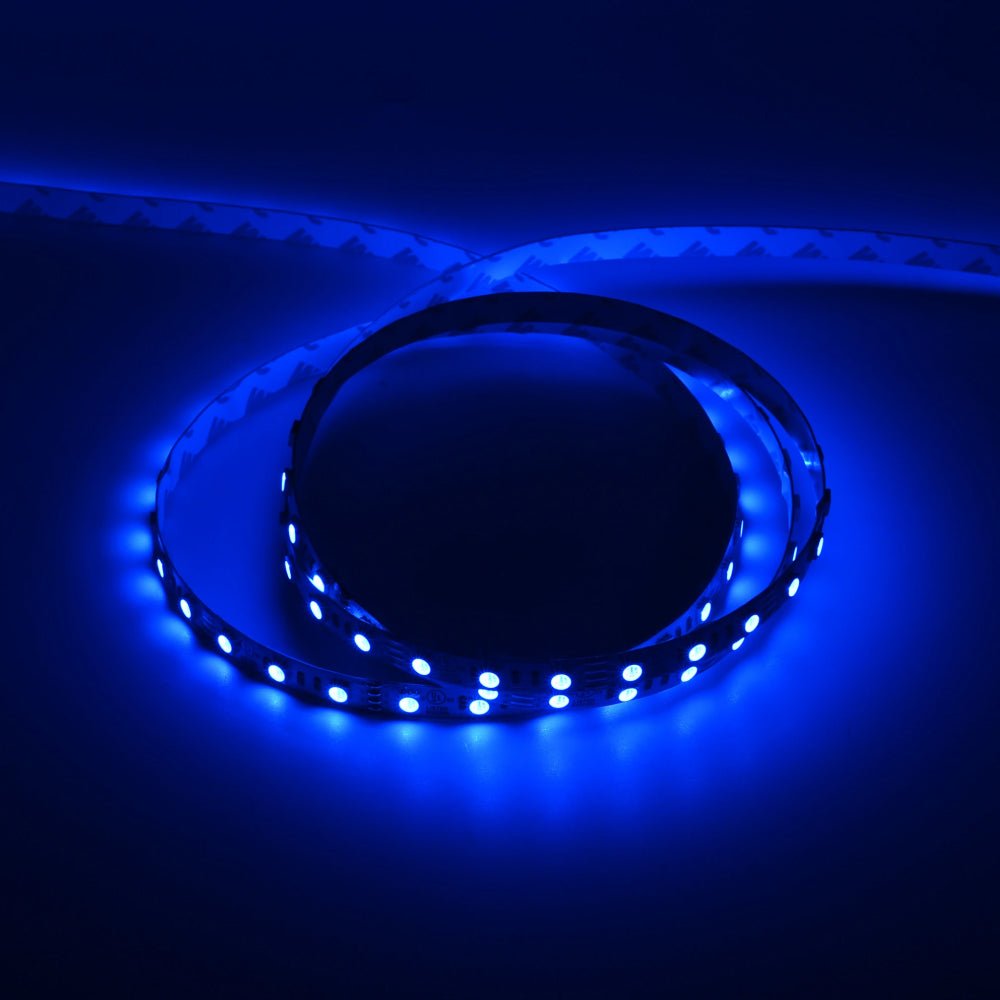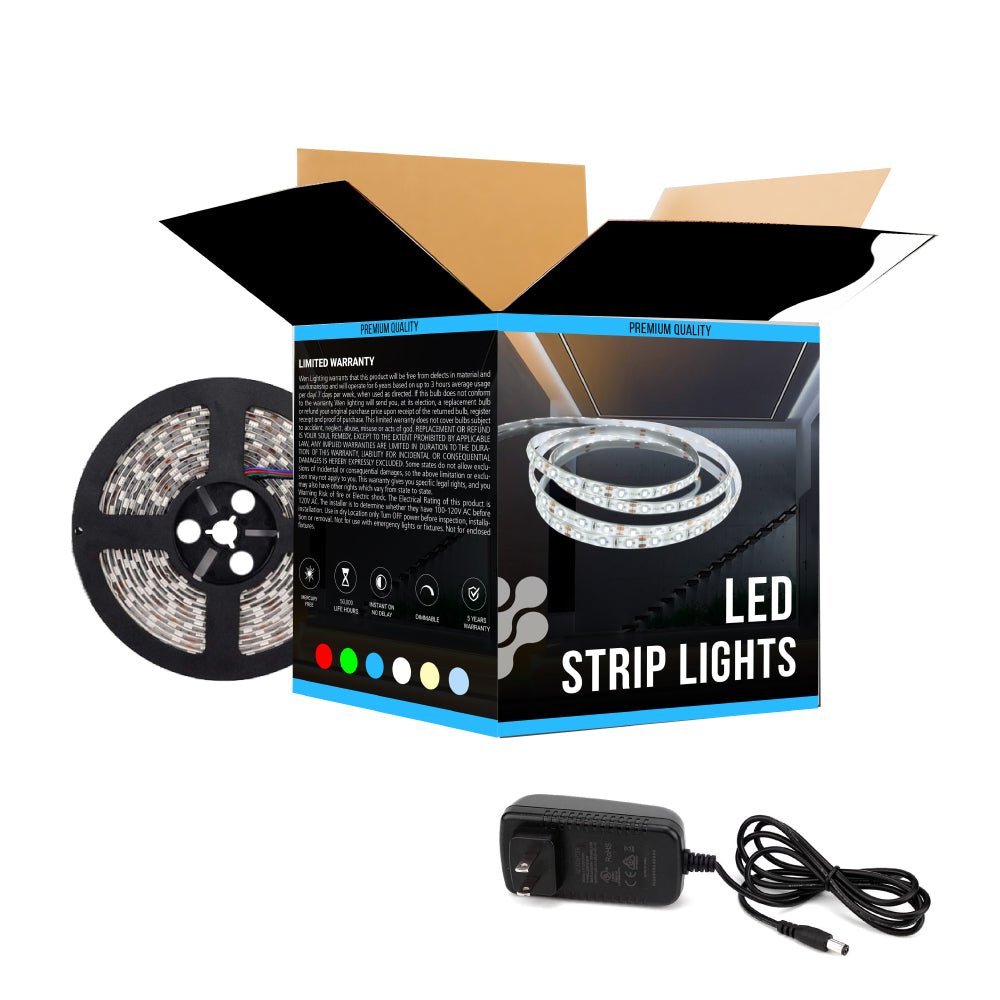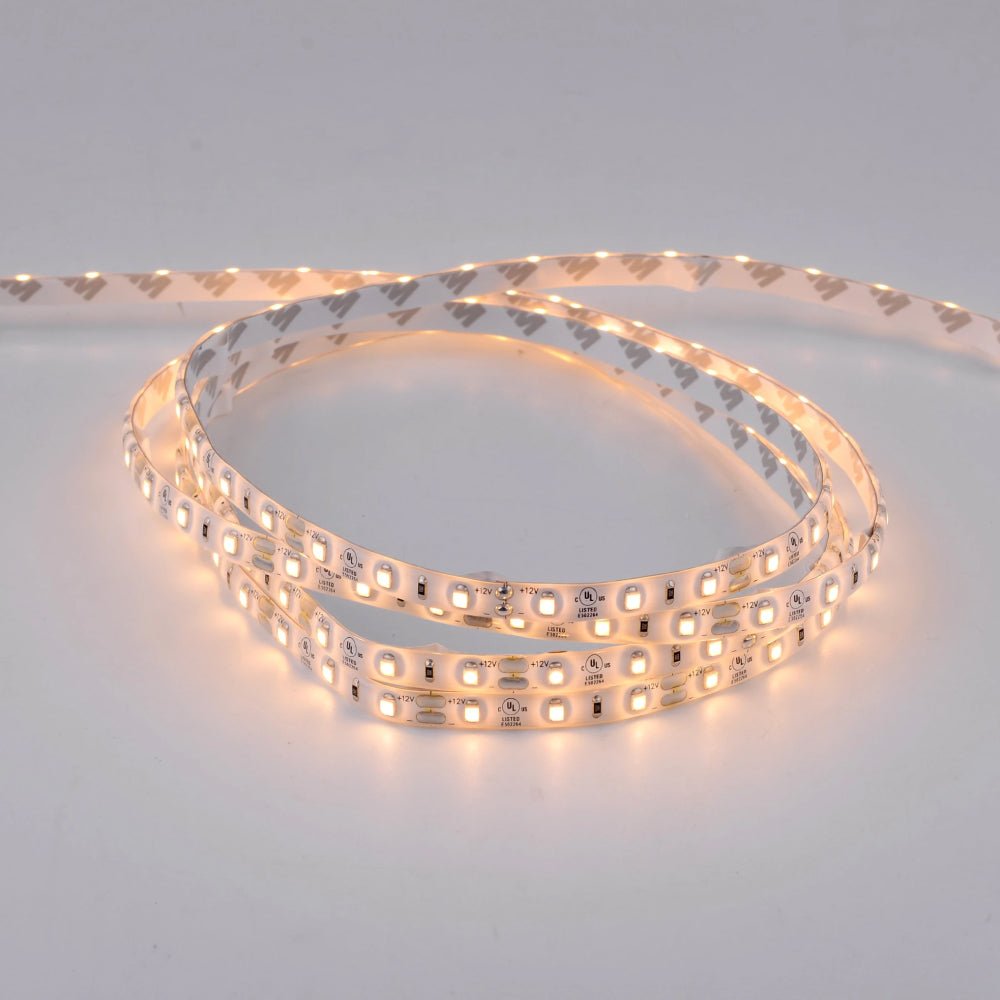Filter and sort
LED Strip Lights
-
FREE SHIPPING on orders over $99
- MPN: ST003
- Warranty: 5 Year
Wattage: 3.5W/ftLife Hours: 50,000 Hours$97.99 $198.99Save $101.00 (51%)FREE SHIPPING on orders over $99- MPN: ST004
- Warranty: 3 Years
Wattage: 3.5W/ftLife Hours: 50,000 Hours$116.99 $238.99Save $122.00 (52%)FREE SHIPPING on orders over $99- MPN: ST016
- Warranty: 5 Years
Wattage: 1.2W/ftLife Hours: 50,000 Hours$59.99 $121.99Save $62.00 (51%)FREE SHIPPING on orders over $99- MPN: ST008
- Warranty: 5 Years
Brightness: 3925Wattage: 5.5W/ftLife Hours: 50,000 Hours$84.99 $173.99Save $89.00 (52%)FREE SHIPPING on orders over $99- MPN: ST017
- Warranty: 5 Years
Wattage: 3W/ftLife Hours: 50,000 Hours$64.99 $132.99Save $68.00 (52%)FREE SHIPPING on orders over $99- MPN: ST009
- Warranty: 5 Years
Brightness: 3415Wattage: 5.5W/ftLife Hours: 50,000 Hours$90.99 $185.99Save $95.00 (52%)FREE SHIPPING on orders over $99- MPN: ST011
- Warranty: 5 Years
Wattage: 1.76W/ftLife Hours: 50,000 Hours$51.99 $105.99Save $54.00 (51%)FREE SHIPPING on orders over $99- MPN: ST006
- Warranty: 5 Years
Brightness: 1365Wattage: 3.5W/ftLife Hours: 50,000 Hours$90.99 $185.99Save $95.00 (52%)FREE SHIPPING on orders over $99- MPN: ST005
- Warranty: 5 Years
Brightness: 1910Wattage: 3.5W/ftLife Hours: 50,000 Hours$64.99 $132.99Save $68.00 (52%)FREE SHIPPING on orders over $99- MPN: ST010
- Warranty: 5 Years
Wattage: 1.76W/ftLife Hours: 50,000 Hours$42.99 $87.99Save $45.00 (52%)FREE SHIPPING on orders over $99- MPN: ST007
- Warranty: 5 Years
Brightness: 1365Wattage: 3.5W/ftLife Hours: 50,000 Hours$129.99 $264.99Save $135.00 (51%)FREE SHIPPING on orders over $99- MPN: ST124
- Warranty: 5 years
Wattage: 1.2W/ftLife Hours: 50,000 Hours$72.99 $149.99Save $77.00 (52%)About LED Strip Lights
The usefulness of any particular product lies in a number of factors, such as its efficiency, multi-faceted applications, etc. In this regard, LED strip lights are the undisputed king of versatility in any category. The sheer number of uses and features of these tiny blobs of lights are mind-boggling for any individual.
That is why we have taken upon ourselves to unravel everything that there is to know about LED strip lights. Between expensive chandeliers and incandescent bulbs rests LED strip light, a perfect accessory for do-it-yourself home decor.
Granted LED strip lights are small in size, but they sure pack a punch. Therefore to better understand the world of LED lights, we must dive into multiple avenues to have a comprehensive knowledge of the subject.

Let us start by understanding what exactly are LED strip lights and how do they work
Tiny light-emitting diodes embedded in a strip half an inch wide, that’s the anatomy of a strip lights. The backbone of these strip lights, the LED is a revolutionary advancement in lighting technology. Multiple LEDs are mounted on a circuit board which is flexible and can be molded into any shape.
Typically, an LED strip light contains a minimum of 60 LEDs per meter and is powered by 12V and 24V DC current. The backside of the strip light has a double-sided 3M adhesive tape using which the strip light is fixed onto any surface.
LED lights work on an atomic level producing light without any moving parts or heating involved. Therefore LEDs make everything they touch, better. Such is the case with strip lights.
The density of the LED strip light is measured by how many LED is embedded in the strip circuit per meter. A high-density strip light has 120 LEDs per meter. This provides the best and the most evenly distributed light9ing across all strip lights without any dark spot between the LEDs.
The colors of joy in strip lights
Strip lights come in various color schemes. The most commonly found LED color is white and then variations of it. Rest while denoting the color of the LED lights, the core photoelectric specs come into the picture. Those are the correlated color temperature, the color rendering index and the lumens which the strip lights emit.
A variation in the color temperature gives the light a spectrum of colors from yellow to blue and the color rendering index gives the LED a spectrum on the shades of white going all the way down to grey. A mixture of these creates various different colors in the strip light.
Adorn your space with the 12V LED Strip Lights, SMD 5050, IP20 with Dimmable feature. This 5-meter LED light strip will bring a lovely and effortless transformation to your Home, Bedroom, Kitchen, and DIY decorations.
It is available in three correlated color temperature (CCT) and lumen output options: 3000k (74 lumens/Watt), 4000k (78 lumens/Watt), and 6000-6500K (83 lumens/Watt).
Enjoy the twinkling Strip Light hues of Blue, Green, Ice-blue, Pink, Red, UV, and Yellow with energy-efficient lighting technology.Main technical know-how of strip lights

The core photoelectric specifications as discussed above, contain three major components. In order to understand the quality of light, it is imperative to understand these specifications.
- CCT: CCT or the correlated color temperature is the temperature of the light emitted by the light and it is measured in Kelvin. The color temperature is generally counted from 3000 to 6000 Kelvin. The higher the CRI, the brighter the light will be. The CCT chart is as follows
- 3000 Kelvin is bright white light used
- 4100 kelvin is cool white light
- 5000K can be represented by the cloudy sky
- 5500K is daylight white
- 6500K is daylight overcast light
- CRI: CRI or the color rendering index is the measure of how accurate the light is when compared to an ideal light source such as daylight. LED strip lights have a CRI of more than 90. This means that the light emitted by these LED strip lights is 90% accurate as compared to daylight.
- Lumens: Lumens is the amount of light emitted by the light source. The luminosity of the LED strip light ois measured in per feet. The output of LED strip lights at LEDMyplacve ranges from 63 Lumens per feet to 378 lumens per feet.
Different types of LED strip lights available
At LEDMyplace we have a number of strip lights available. The primary classification is between volts where we have 12 volts and 24 volts Strip lights.
- 12v LED strip lights are further classified into indoor and outdoor depending on the IP rating of the product. Indoor LED strip lights are not waterproof whereas outdoor LED strip lights are waterproof. Both indoor and outdoor LED strip lights come in three different color variants which are: White, RGB, RGBW.
- 24v LED strip lights are classified on the same ground as 12 volts differentiated between indoor and outdoor and further having RGB, White and RGBW as the color variants.
How to figure out the good quality strip light from the bad one?
Like in any other product, LED strip lights also have some bad cousins and so it is important for you to understand how to differentiate between the two. Here are some tips on how to do that.
For the quality of the LED strip light to be top-notch, it is most important that the quality of its circuit board be of the highest quality. For enough current to pass through a sufficient quantity of copper is a must.
Therefore when choosing your strip light ensure that copper content of at least 2 ounces is present in the composition. 4 ounce is ideal for the electrical current to easily pass through.
The next and the most important part, LEDs themselves is another thing to watch out when determining the quality of strip lights. Beware of those lights which claim a high output with a low density of LEDs per meter.
What are the led lights TikTokers use?
The call to fame has enabled people to start using these strip lights to use in their Tiktok videos. Commonly referred to as TikTok LED Lights, these color-changing lights create beautiful effects in videos which people post on their TikTok account. More information about this trend can be found in this blog.


Application of LED Strip Lights
If you have a birthday or a party at your house, be assured to amaze your guests with the decor of these LED Strip lights which give you an amazing experience.
Easily applicable in bedrooms, dining rooms, kitchen, desk cabinets, these lights can be used to decorate almost every part of your house. Festivals and holidays such as Christmas or Halloween will have an added cheer with these LED Strip lights glowing in your home.
With the remote control, you can create your own sleeping mode by dimming the lights to an orangish hue which will give you the perfect sleeping ambiance. These lights are highly suitable for girl room decor and decor with aesthetics.QUESTIONS & ANSWERS
Q: What are LED strip lights?
Q: Where can LED strip lights be used?
A: LED strip lights, also known as LED tape lights or LED ribbon lights, are flexible strips with integrated light-emitting diodes (LEDs) that provide illumination. They are typically mounted with adhesive backing and can be cut or extended to fit various lighting applications.
A: LED strip lights are versatile and can be used in various applications, including:- Home lighting: Adding ambiance and accent lighting in living rooms, kitchens, bedrooms, and under cabinets.
- Retail displays: Illuminating showcases, shelves, and product displays to enhance visibility and attract attention.
- Hospitality spaces: Creating a welcoming and relaxing atmosphere in hotels, restaurants, bars, and lounges.
- Architectural lighting: Highlighting architectural features, alcoves, or coves for visual interest.
- Outdoor installations: Accentuating outdoor spaces, patios, or gardens with weather-resistant LED strip lights designed for outdoor use.
Q: Can LED strip lights be cut to a specific length?
A: Yes, one of the key features of LED strip lights is that they can be cut to a specific length. They typically have designated cutting points or marks where they can be safely cut using scissors or specified cutting tools. This allows for easy customization and flexibility in fitting the strip lights to the desired length.Q: Are LED strip lights waterproof?
A: LED strip lights come in different levels of waterproof ratings. Some LED strip lights are designed for indoor use only and may not be waterproof. However, there are also LED strip lights specifically designed for outdoor use that are waterproof or water-resistant. It is important to check the product specifications or consult the manufacturer to ensure suitability for the specific application and level of water exposure.Q: Can LED strip lights be dimmed?
Q: How do LED strip lights adhere to surfaces?
A: Yes, many LED strip lights offer dimming capabilities. Dimming functionality allows users to adjust the brightness of the lights according to specific needs or create different lighting atmospheres. However, it is important to check the product specifications or consult the manufacturer to ensure compatibility with dimmer switches or control systems.
A: LED strip lights typically have adhesive backing that allows them to stick to various surfaces. The adhesive is applied to the back of the strip and can be easily attached to clean and dry surfaces such as walls, cabinets, or furniture. Some LED strip lights may come with additional mounting brackets or clips for added stability and ease of installation.
- Choosing a selection results in a full page refresh.




